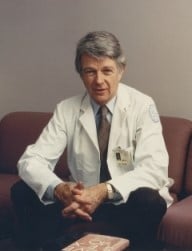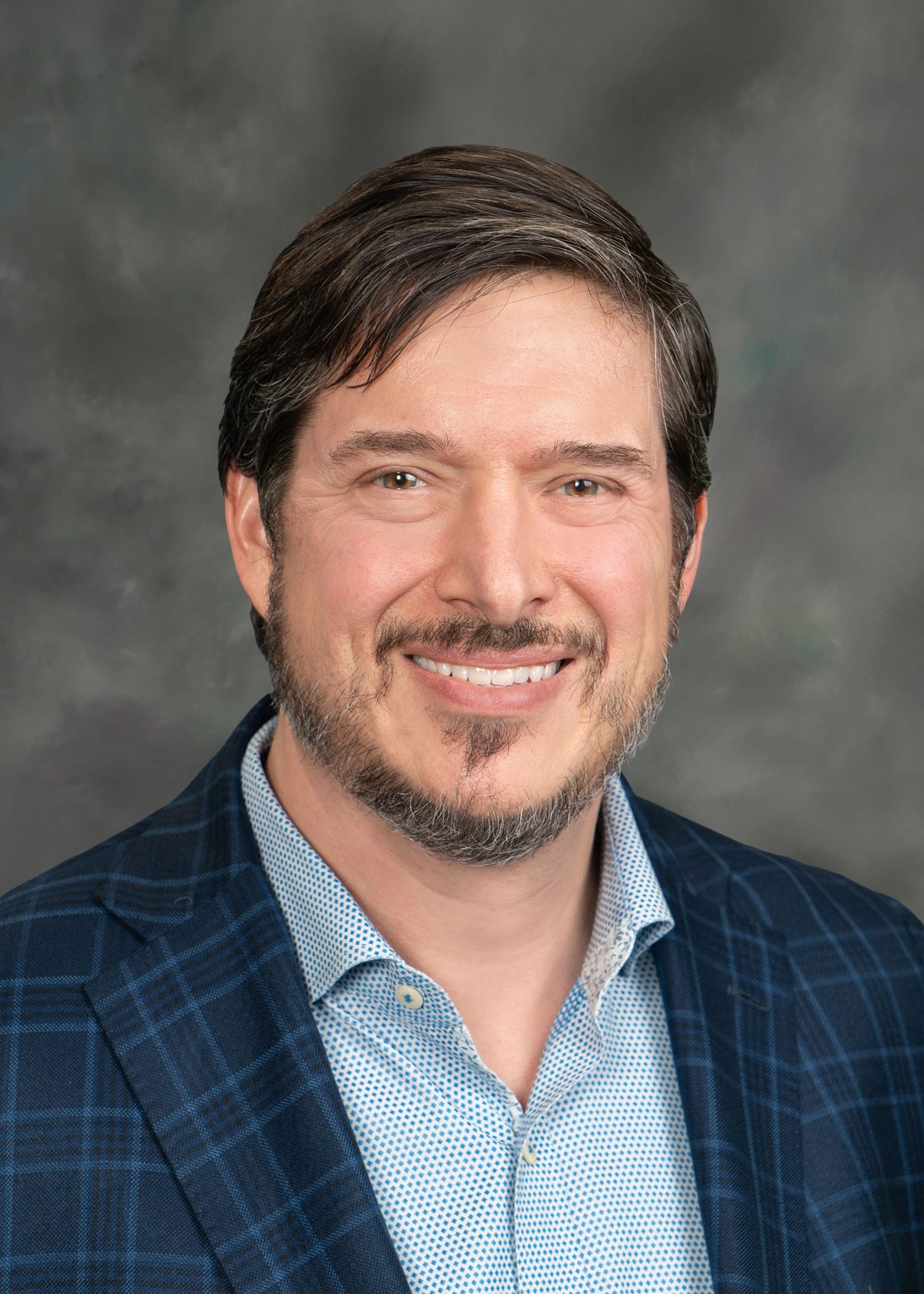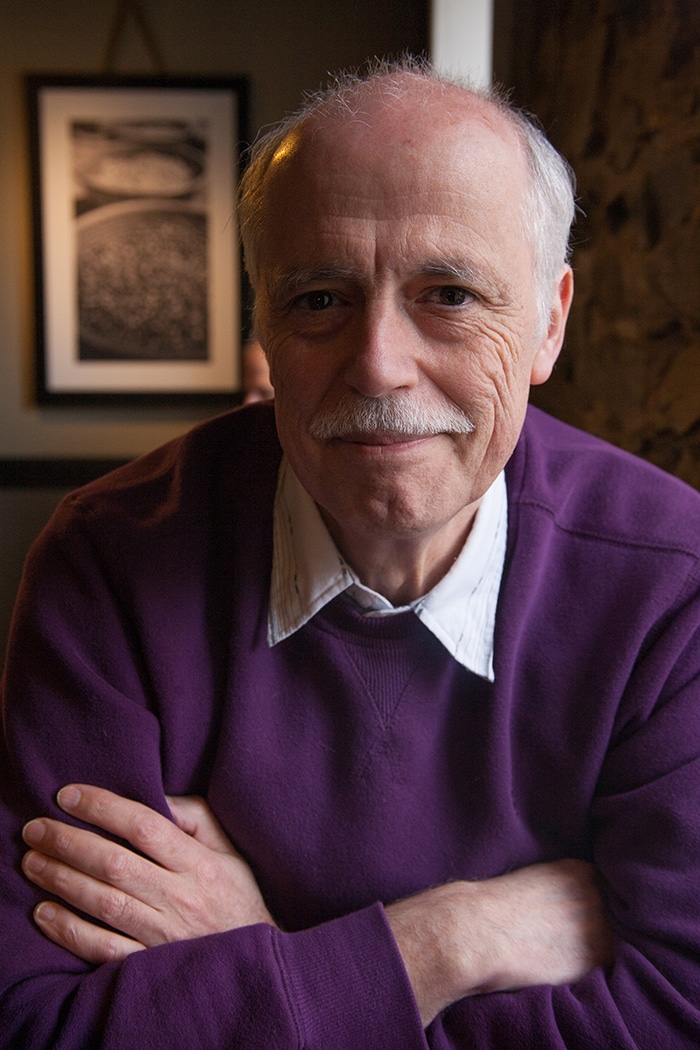The sudden and unexplained death of a beloved grandfather set Robert Neil Butler on the road to be a pioneer in the science and medicine of health and aging.

From infancy he was raised by grandparents. His grandfather, a New Jersey gentleman chicken farmer with lined faced and abundant white hair was the boy’s close friend and teacher. When Bob was 7 years old he returned from play and was told his grandfather had simply gone away. In time the grieving boy realized the old man had died. Relatives had tried to shield him from the reality of death. In the years of the Great Depression the chicken farm was lost and young Bob and his grandmother survived on public relief and government-surplus food rations, working at whatever menial jobs were available. Dr. Butler said he learned from his grandmother of the strength and endurance of the elderly. In later years as an advocate for the medical and social needs and rights of the elderly his early experiences inspired him to write Why Survive? Being Old in America. The book won the Pulitzer Prize for non fiction in 1976. Dr. Butler was the founding Director of the National Institute on Aging. He used his considerable political and communications skills to nurture the new agency to maturity. He established and led the first full department of geriatrics in a U.S. medical school at Mt. Sinai in New York. He created a network of research and policy centers in aging and aging research on five continents: in New York, Tokyo, Pune, India; Buenos Ares, London, Paris and Cape Town. Bob Butler gave generously of his time, talents and leadership to help individuals and organizations to enhance the lives of older people. He was Vice Chair and served on the Board of the Alliance for Aging Research from our founding in 1986, which he inspired, to his death July 5, 2010. True to his belief that if you love what you do and can contribute to society, retirement is bad for you and for the country. Though he died at age 83, Bob Butler never retired.





